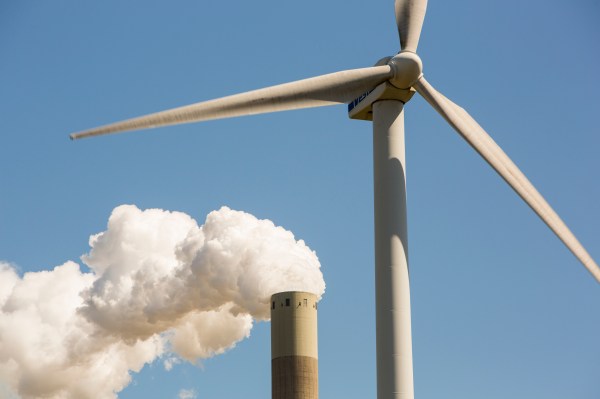
The U.S. Supreme Court on Thursday ruled to effectively bar the Environmental Protection Agency from regulating carbon pollution emitted by power plants, a decision that dims prospects of quick action on climate change in the world’s largest economy.
As if that wasn’t depressing enough, the move also kneecaps American competitiveness at a time when the world is lurching toward an energy transition destined to relegate fossil fuels to history’s dustbin.
The U.S. doesn’t have anything that resembles a rational national energy policy, partly a result of its federal structure and polarized politics. Rather, it has a hodgepodge of policy carrots and sticks that have been influenced by myriad actors and woven into a complex web of regulations and incentives overseen by a range of states and regulatory agencies.
TechCrunch+ is having an Independence Day sale! Save 50% on an annual subscription here. (More on TechCrunch+ here if you need it!)
The ill-fated Clean Power Plan and whatever succeeded it could have formed the basis of a policy that would have put the U.S. on competitive footing with other countries that are racing toward an electrified future. With the Supreme Court decision, that possibility is gone.
As a result, the U.S. has fallen behind other countries in many key sectors that factor heavily into the transition away from fossil fuels, which promises to be a new industrial revolution. We still have one shot at turning things around, but it’s a long one.

